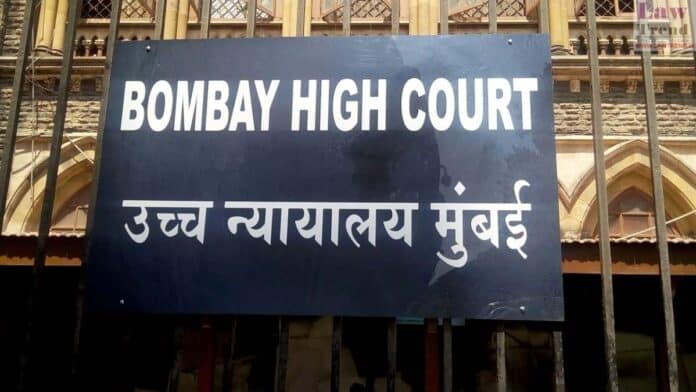The Bombay High Court recently took a dig at the Central government’s “ease of doing business”, and said while it was mindful of the pendency of cases in courts, it was the government that was by far the largest litigant and the one that most often sought adjournments.
A division bench of Justices Gautam Patel and Kamal Khata, which was on October 5 hearing a petition filed by one Ramkali Gupta in 2016 over property-related issues, said it was no stranger to repeated assertions from the Union government regarding the pendency of cases and impediments allegedly caused by the courts.
The bench in its order said it was “shocked” to note that Gupta’s petition has been pending for seven years and that since June this year, the plea has been adjourned at the request of the Union government so that the additional solicitor general could appear.

“We are equally mindful, and we are constrained to say this, that we are no strangers to repeated assertions from the Union government itself regarding pendency of cases, mounting arrears, frequent adjournments, and impediments allegedly caused by our courts to what the government calls ‘the ease of doing business’,” the bench said.
“Conveniently overlooked in all these assertions is the fact that it is the government that is by far the largest litigant and it is the government that most often seeks adjournments, frequently needlessly,” the court said, citing the present plea as an example.
“The conduct of the Union government in the present matter does not leave much to be desired. It leaves everything to be desired,” it said.
The court said it does not expect the additional solicitor general to appear in every single matter involving the Union of India.
Also Read
“Obviously, it is not unreasonable to expect that there will be perfectly competent advocates from his office who will be able to lighten his load and assist him in discharging the duties of his office. We see no reason why no one else is prepared to go on with this matter,” the order said.
The court said the issue raised in the petition was narrow and deserved to be heard and disposed of finally at the stage of admission itself.
“Given this, we are entirely unable to appreciate, and indeed we express our strongest displeasure of applications for repeated adjournments,” the court said.
The bench while adjourning the plea for the last time said it was doing so only out of courtesy to the additional solicitor general.







